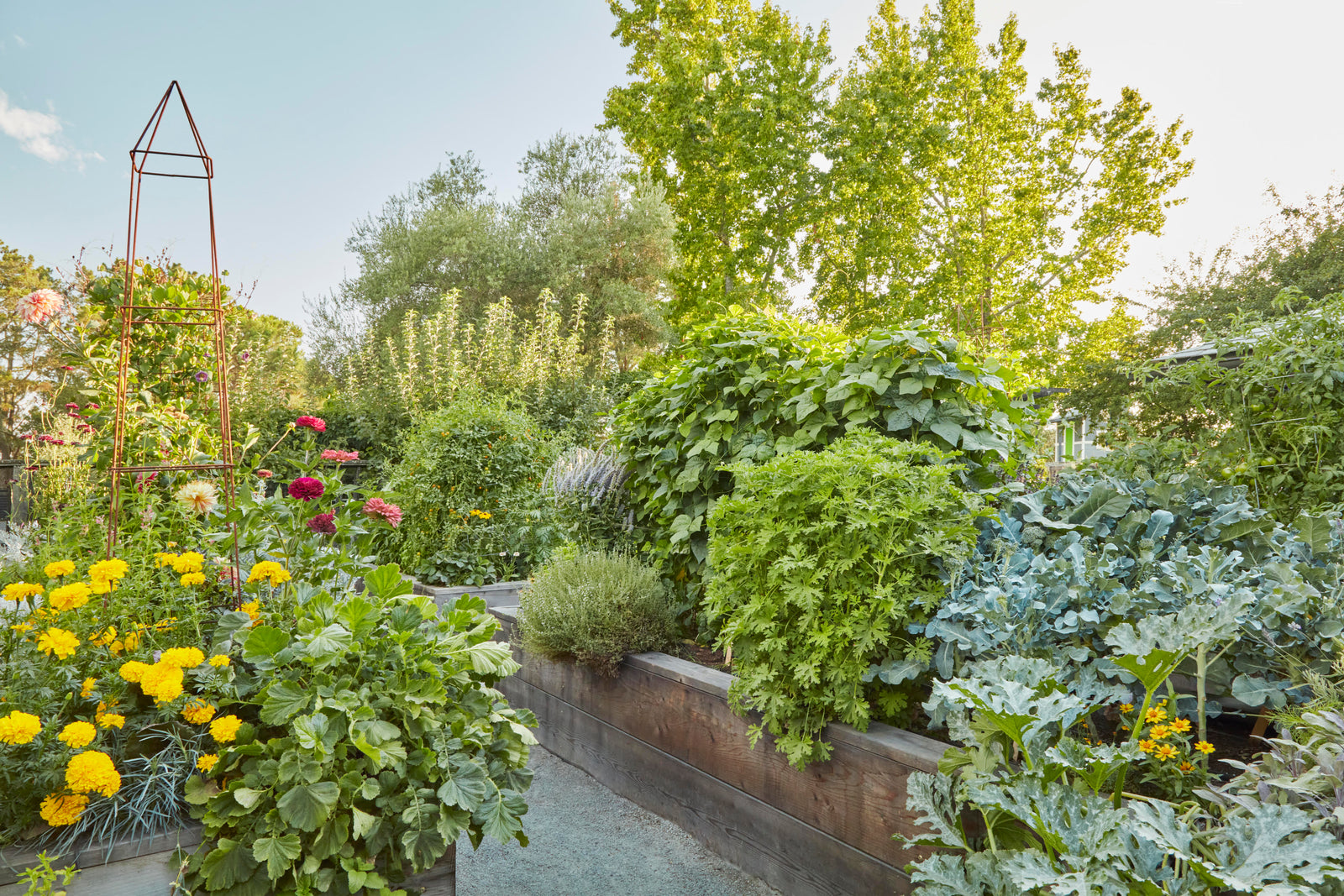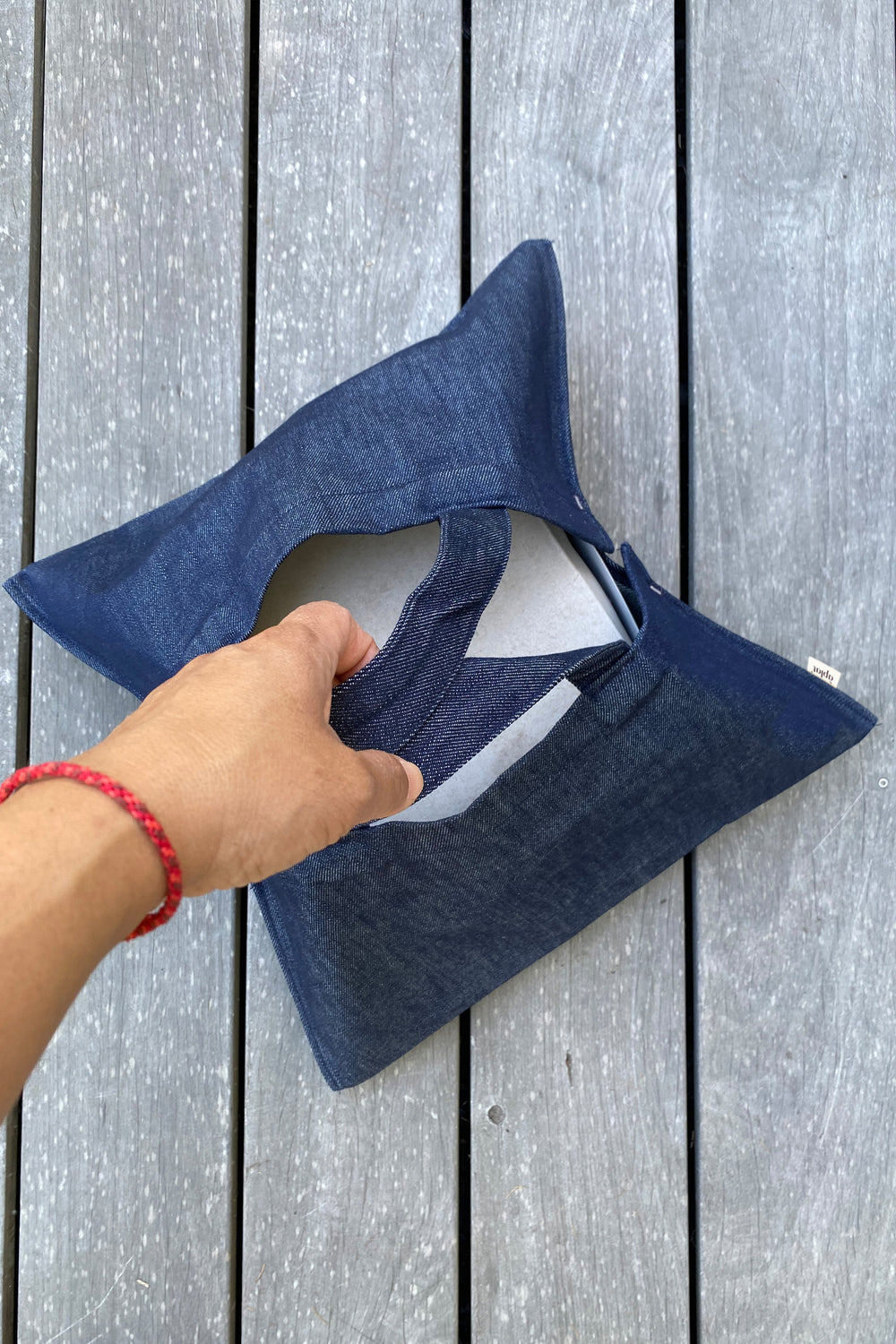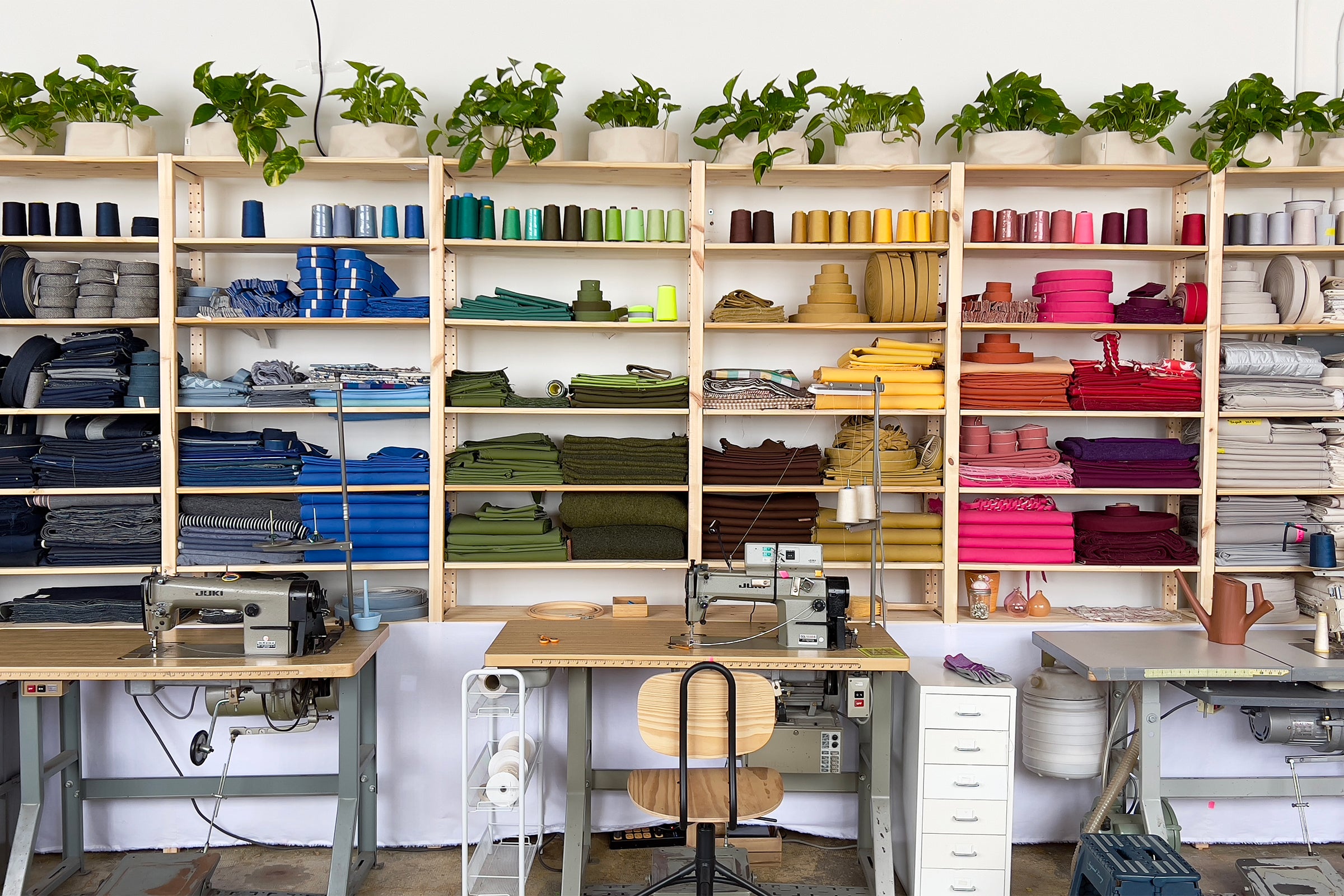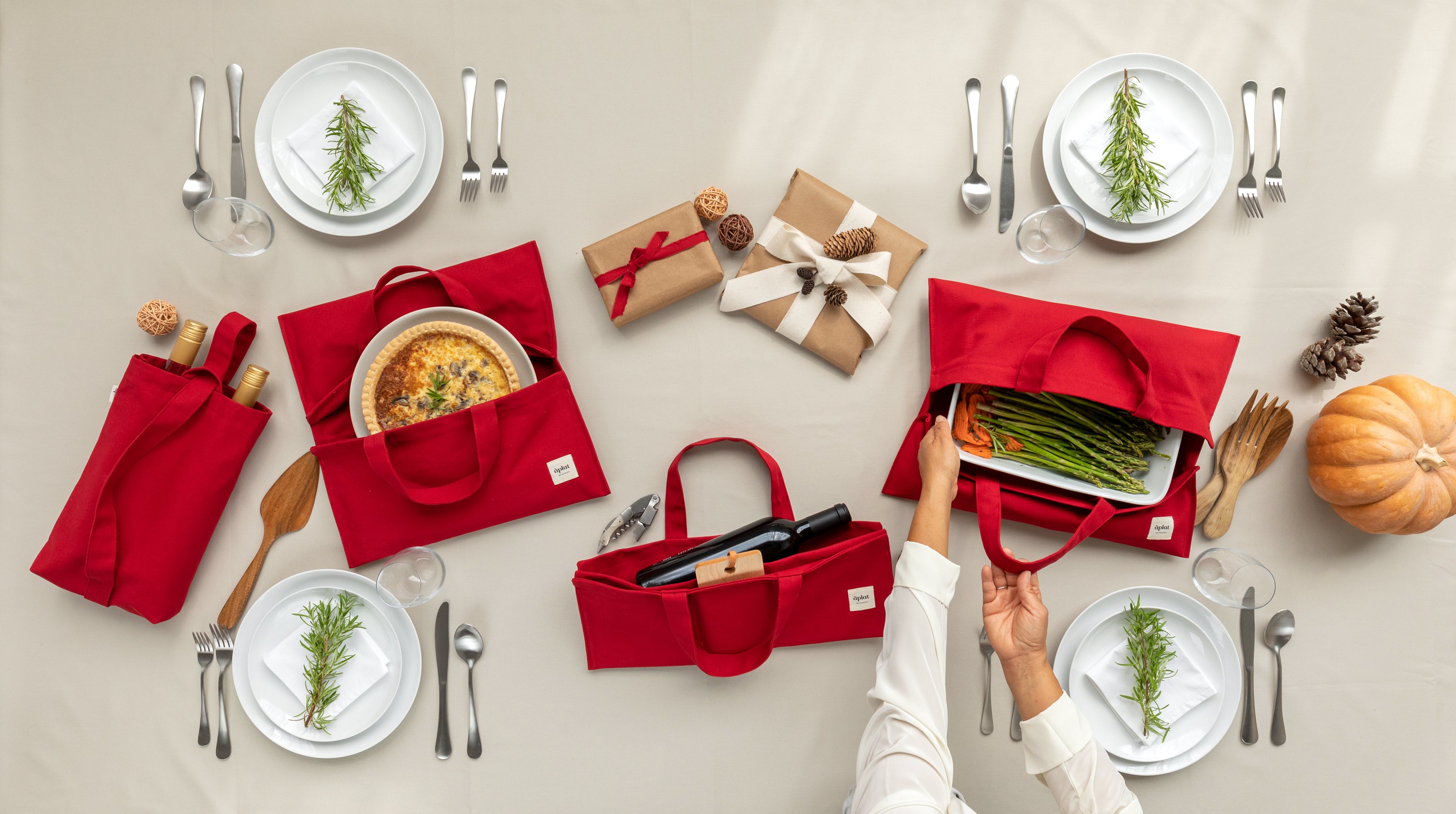Edible Ornaments

Q&A with Leslie Bennet, owner of Pine House Edible Gardens
Tell us about your background and what inspired you to leave your previous career in law to launch Pine House Edible Gardens. Was there an aha moment or life experience?
I started my career as a lawyer working in the area of land use law and cultural property. I was in my late 20’s and working at a law firm in London, England when I started to get interested in growing food. I started spending weekends on farms volunteering and learning about the basics. I ended up signing up for a two week permaculture course at an organic farm in rural England and realized that I absolutely loved being there! That was my aha moment! From there, I was clear that I wanted to spend my time learning more about how to grow food and live closer to the land. I left my law firm and spent the next three years apprenticing at organic farms and with trained gardeners in England, Jamaica and Northern California. I learned so much and gradually felt ready to work more independently — but knew I wanted to grow food in an urban environment, to help people to connect with their own small plots of land, and to do it all amongst a more diverse community. So, I launched my edible garden business in Oakland, CA and have been learning and growing ever since!

Home gardens has been the number one project for many sheltering in place. What has been your favorite passion project and how has this changed or influenced you?
I love to dream big with gardens and create dream spaces that are the maximum in productivity, beauty and feeling! I love to use unusual edible and ornamental plants to create landscapes that have a really personal and unique style to them, are designed to work sustainable and organically, and that also include all the useful details that make a garden a joy to use and interact with on a daily basis. People have been so motivated to grow food and be in their gardens this year that my team and I have had the opportunity to create several larger-scale and super special garden spaces. At the same time, Covid-19 has really made disparities within our society that much more visible and I’ve felt called to respond to those structural inequities by re-organizing my business to be more equitable and to support a broader range of clients to have access to my services.
Our standard pricing is now built around an equity framework that, along with public fundraising efforts we’ve launched, allows us to offer discounted rates to Black, Indigenous and Disabled folks living on fixed incomes; our equity pricing framework also allows us to gather funds from our clients that support the creation of gardens for Black women and Black communities through our Black Sanctuary Gardens project (@blksanctuarygardens on Instagram). I love the creative process of making and growing gardens and feel so much more comfortable and happy working, now that I’ve been able to shift my business to include more direct support and prioritization of Black women and our communities!


What are you growing new in your own garden this season? What does it inspire you to create in the kitchen?
Although I’ve been growing food for clients on their properties for over ten years now, having my own home garden is new for me as I was an apartment dweller for years. My family’s home garden is about one year old now, so in a way, everything is new to me again and I am having so much fun with it! I grew pineapple quince this year for the first time and prepared and poached our harvest into delicious desserts. I also grew sorrel (also known as roselle) this year for the first time which is exciting as my family is from Jamaica and sorrel is an important ingredient for our traditional Christmas holiday drinks! I’ve used the following recipe for the last three years, but this year I’m incorporating homegrown sorrel along with the dried stuff I bought in bulk!
Sorrel is the most popular Jamaican holiday drink during the Christmas and New Year season. The hibiscus sabdariffa flowers, known as sorrel in Jamaica, are harvested in late November to early December. The dried flowers are used to make the drink. The drink has many health benefits including, controlling high cholesterol levels, managing high blood pressure, enhancing the functions of the liver and a high source of Vitamin C. It has now become a year-round drink in Jamaica and the Caribbean.
In some African countries the flowers are known as roselle or bissap. In Nigeria the drink is called zobo.


Jamaican Sorrel Drink Recipe
Recipe credit: www.jamaicans.com
Ingredients:
- 1 pound sorrel
- 2-4 oz ginger
- 2 quarts water
- sugar
- wine (optional)
- 8-12 pimento grains
Directions:
Step 1
Wash sorrel thoroughly, using the fingers to lift it from the water.
Step 2
Put into a stainless steel container.
Step 3
Scrape and wash ginger. Grate and add to the sorrel. Add pimento grains.
Step 4
Boil water and add sorrel, ginger and pimento mixture; let boil for 20-30 minutes.
Step 5
Allow to stand out on the countertop 1-2 days for stronger flavor. Strain.
Step 6
Sweeten to taste and add rum to taste.
Step 7
Add optional wine.
Step 8
Serve with ice cubes.





